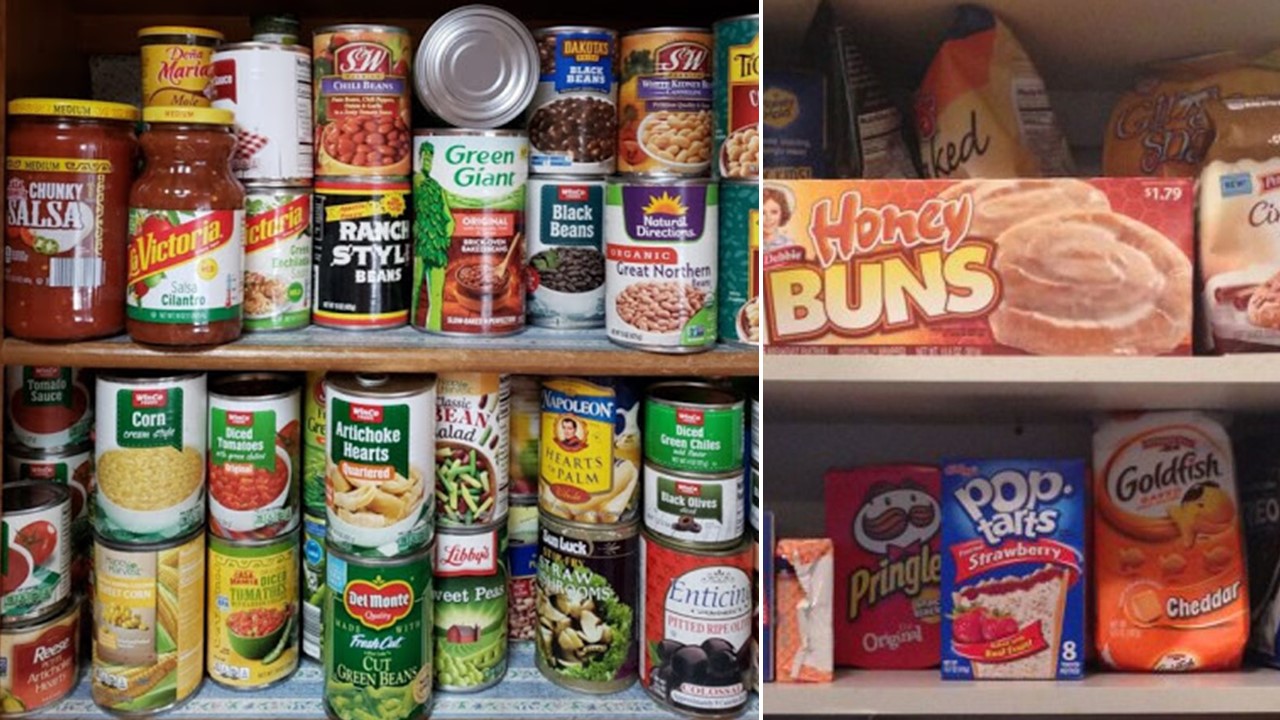
The air we breathe can severely impact our health. However, many of us don't really think much about it until we spot noticeable changes, such as the Canadian wildfires that have been impacting the air quality in several parts of the United States.
The air we breathe is comprised of toxins and particulate matter (PM), which can be harmful to our health, even if the sky isn't visibly orange.
Poor air quality could increase the risks of health concerns, including:
Cardiovascular events
Air pollution increases the risk of heart attack and stroke, according to Guanyu Huang, Ph.D., assistant professor of environmental and health sciences at Spelman College.
Respiratory disease
Exposure to air pollution may also lead to respiratory disease and short-term impacts such as:
- coughing
- wheezing
- shortness of breath
Air pollution exposure can also lead to and exacerbate chronic concerns, such as chronic obstructive pulmonary disease (COPD), asthma and lung cancer according to Healthline.
RELATED: 9 Ways to Protect Yourself from Breathing Wildfire Smoke
Cancer
Speaking of cancer, lung cancer isn't the only form of cancer associated with air pollution.
Long-term exposure is associated with an increased risk of breast cancer, digestive cancers (such as stomach and liver), and laryngeal (throat) cancer.
Neurological, cognitive, and mental health
Air pollution can even impact our brain health.
Recent studies have connected extended air pollution exposure to dementia.
There are also effects on cognitive well-being. What's more, exposure to pollutants like nitrogen dioxide and nitric oxide can increase the risk of mental health conditions, such as depression and anxiety.
How to protect yourself
Unfourtanetly, we can't entirely avoid air pollution. The good news, however, is that there are measures we can take to minimize our exposure and lower the risk of air pollutants becoming a severe threat to our health.
Experts Masri and Jennifer Vanos, Ph.D., a scientist at the Julie Ann Wrigley Global Futures Laboratory and associate professor in the School of Sustainability at Arizona State University shared with Healthline some of the measures you can take to protect yourself:
- Wear a face mask outdoors when pollution is high. Make sure it sits tightly against the face; facial hair will prevent effective sealing.
- Don’t exercise outdoors if pollution is bad, and always try to avoid exercising alongside major roads.
- Use an air purifier to reduce pollution in the home (ensure it is suitable for the room size). Place somewhere you spend a lot of time, such as the bedroom, and ensure windows are closed.
- Be aware that events with lots of fireworks (such as the Fourth of July in the U.S.) can increase air pollution.
- Use tape around older windows to seal gaps and prevent fine PM from seeping through.
- If you’re in high pollution areas, change your clothes after returning home.
- When using central air conditioning, switch the setting to recirculate air.
- If possible, live away from industrial areas and major roads.








